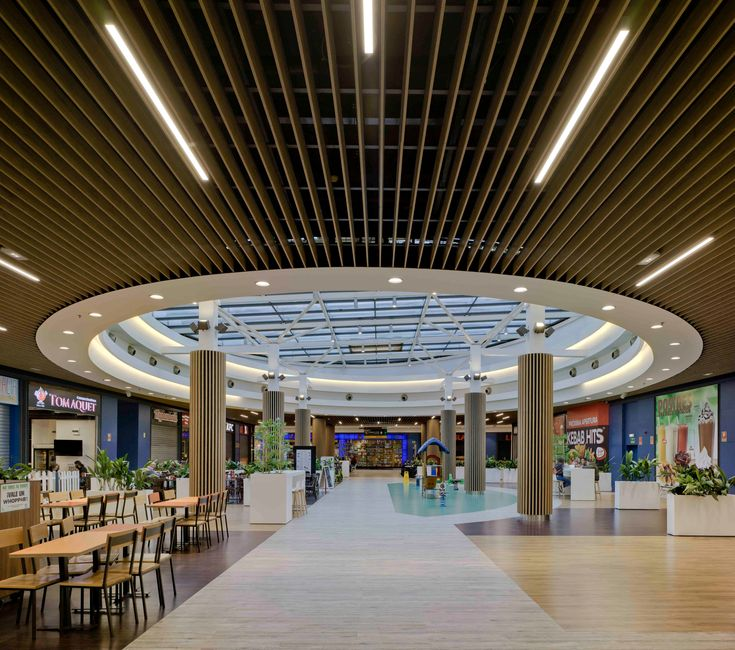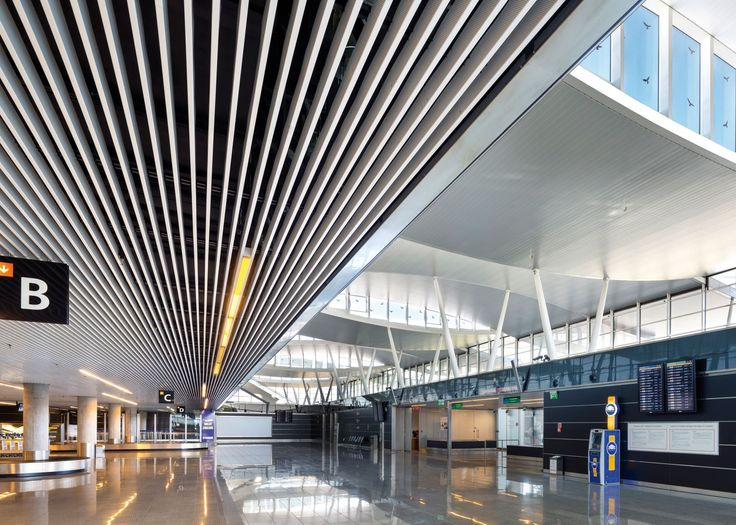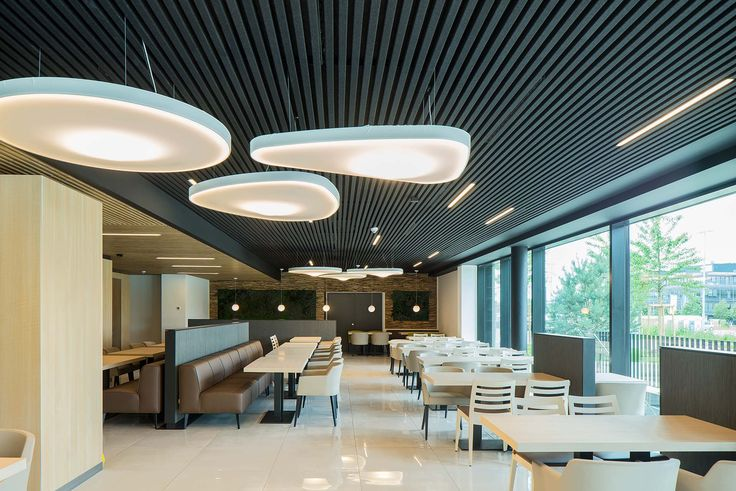aluminum ceiling panel
Aluminum ceiling panels represent a revolutionary advancement in modern architectural design and interior finishing. These versatile components combine aesthetic appeal with robust functionality, offering a sophisticated solution for both commercial and residential spaces. The panels are engineered using high-grade aluminum alloys, typically ranging from 0.6mm to 1.2mm in thickness, ensuring durability while maintaining a lightweight profile. The manufacturing process involves precision cutting and forming techniques, resulting in panels that can be easily installed and maintained. These ceiling systems feature various surface treatments, including powder coating, brush finishing, or specialized paint applications, providing exceptional resistance to moisture, corrosion, and fire. The panels come in multiple designs, from smooth and perforated patterns to custom artistic impressions, allowing for creative freedom in architectural expression. Their modular nature facilitates easy access to above-ceiling utilities while maintaining a seamless appearance. The panels incorporate advanced acoustic properties through specialized perforation patterns and backing materials, effectively managing sound reflection and absorption in indoor spaces. Additionally, they can be integrated with modern lighting systems, HVAC components, and other ceiling-mounted fixtures, making them an ideal choice for contemporary building requirements.


